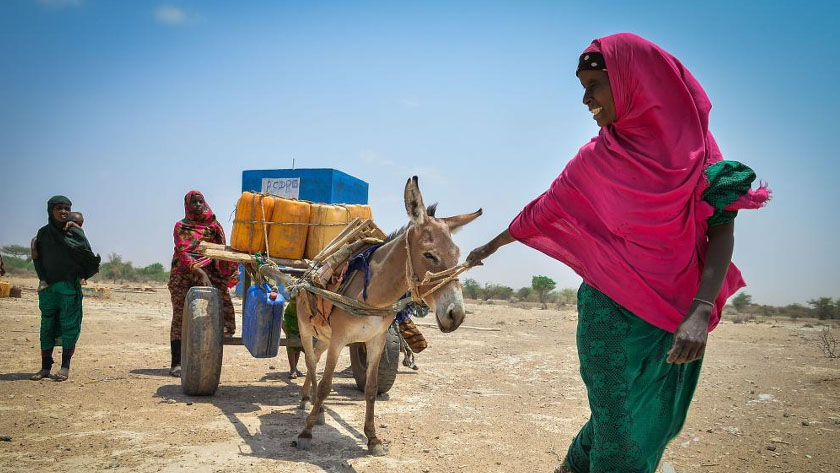Iran Press/ Africa: The UNOCHA said in its latest situation update issued late Thursday that an estimated 11.8 million people are food insecure in Ethiopia's drought-affected areas of Afar, Somali, Oromia, and Southern Nations, Nationalities and Peoples (SNNP) regions, and Dire Dawa city administration.
It also warned of the worsening of food insecurity among internally displaced persons countrywide.
The UNOCHA said since mid-November 2022, the UN and international non-governmental organizations brought about 114,000 metric tons (MT) of food into the conflict-affected Tigray region as of Jan. 24. And as of Jan. 23, partners assisted 16.3 million people in targeted locations across the country, completing round 1 of food distribution. An estimated 15.5 million people received food under round 2, and close to 8.1 million in round 3, which commenced in 2022.

Meanwhile, the humanitarian response in Ethiopia has been scaled up with additional corridors opening and some hard-to-reach areas becoming more accessible.
It, however, said certain areas of the county face disease outbreaks, including cholera, malaria, and measles, where partners are taking preventative and remedial actions.
It said the drought situation has deprived many vulnerable people of their livelihoods, increasing health risks if not already affected by malnutrition, and putting hundreds of thousands of children out of school, while insecurity and conflict in western parts of the country continue to displace more people.
224
Read More:
Ethiopian PM meets Tigray region leaders for first time since peace deal
Conflict in Ethiopia's Tigray likely claimed 600,000 lives
Guterres: There is no military solution to crisis in Ethiopia
Maryam Abolbagha

